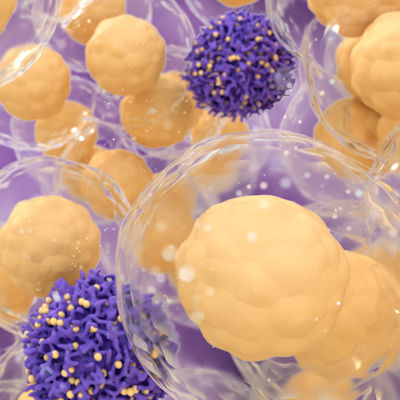 3D imaging reveals picture of T-cell activity to unlock solid tumor opportunity
3D imaging reveals picture of T-cell activity to unlock solid tumor opportunity
Researchers have used imaging and transcriptomics to identify T cells with potent serial killing capacity in a push to expand use of the immunotherapies to solid tumors. Read More
 Research shows heart-damaging route of SARS-CoV-2 spike protein
Research shows heart-damaging route of SARS-CoV-2 spike protein
Researchers have demonstrated that the spike protein from the SARS-CoV-2 virus can lead to heart muscle injury through the inflammation process, according to preliminary research to be presented this week at the American Heart Association’s 2022 Basic Cardiovascular Sciences Scientific Sessions. Read More
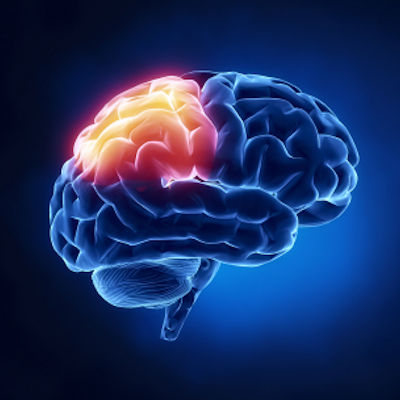 Scientists discover biomarkers associated with acute, chronic phases of TBI
Scientists discover biomarkers associated with acute, chronic phases of TBI
Arizona State University scientists have provided some of the first detailed view of the molecular and cellular mechanisms behind traumatic brain injury (TBI) as the condition progresses from the acute to the chronic phase. Read More
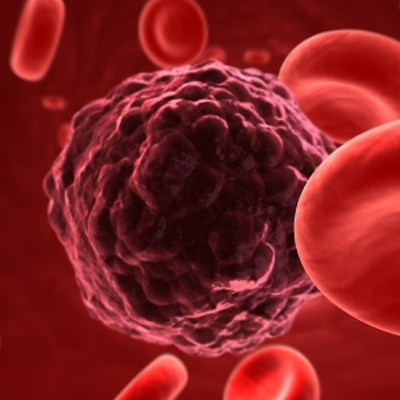 Analysis of nanoparticles, cancer cells could aid development of nanoparticle-based drugs
Analysis of nanoparticles, cancer cells could aid development of nanoparticle-based drugs
Researchers have identified biomarkers that predict whether different types of cancer cells will take up specific nanoparticles, potentially helping to overcome some obstacles to the development of nanoparticle-based drugs. Read More
 New DNA editing tool could enable more personalized cell therapies
New DNA editing tool could enable more personalized cell therapies
University of Minnesota, Twin Cities researchers have developed a new tool to predict and customize the rate of a type of DNA editing called site-specific recombination, offering the potential for more personalized cell therapies. Read More
 Current COVID-19 boosters provide protections against serious infection: study
Current COVID-19 boosters provide protections against serious infection: study
Despite the evolution of the SARS-CoV-2 pandemic coronavirus, a new laboratory study conducted by a team of international researchers suggests current vaccine boosters may elicit sufficient immune protection against severe omicron-induced COVID-19 disease. Read More
 Loss of protective protein linked to age-related changes in the eye
Loss of protective protein linked to age-related changes in the eye
A study in mice has shown that the loss of a protein that protects retinal support cells may drive aging-associated diseases of the retina such as macular degeneration. Read More
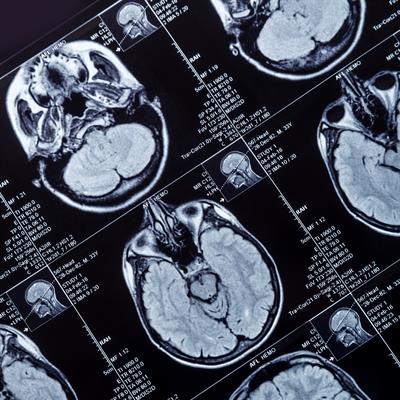 Single-cell analyses shed light on drug resistance of melanoma brain metastases
Single-cell analyses shed light on drug resistance of melanoma brain metastases
Using single-cell genetic analyses of frozen brain samples, Columbia University researchers have uncovered evidence of how melanoma brain metastases evade current treatments. Read More
 RNA molecules identified as potential ‘common driver’ of cancer progression
RNA molecules identified as potential ‘common driver’ of cancer progression
Moffitt Cancer Center researchers have challenged the widely held view that protein structure and function are the key drivers of cancer development. Their study found competitive endogenous RNA drive melanoma growth and metastasis by blocking the antitumor activity of other molecules. Read More
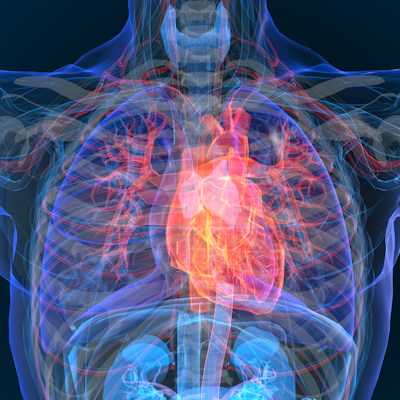 Cardiac mouse model shows role white blood cells play in arrhythmia
Cardiac mouse model shows role white blood cells play in arrhythmia
Feeding mice a diet lacking in potassium induces ventricular tachycardia, a rapid heartbeat, enabling researchers to study how different white blood cell subclasses influence heart rhythms. Read More
Conferences
Science Briefs
Member Rewards
Earn points for contributing to market research. Redeem your points for merchandise, travel, or even to help your favorite charity.
Research Topics
Interact with an engaged, global community of your peers who come together to discuss their work and opportunities.
Connect
Tweets by @ScienceBoard






